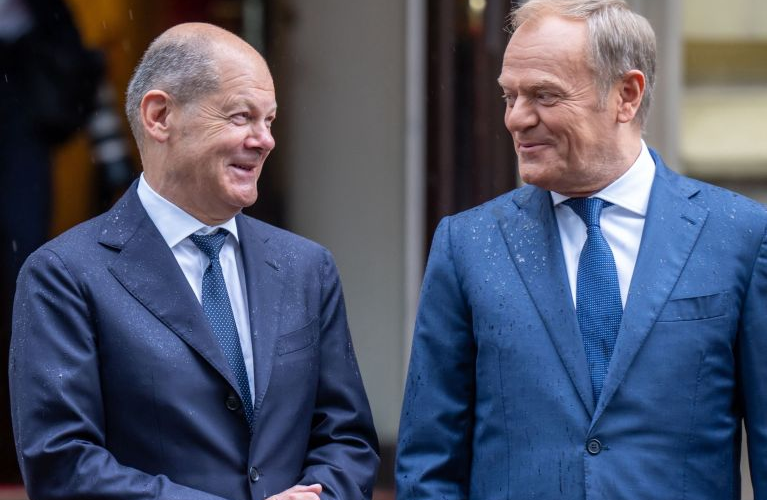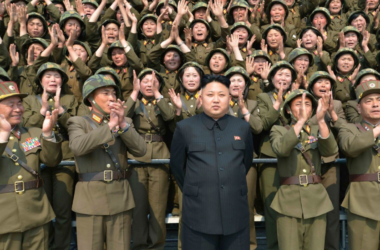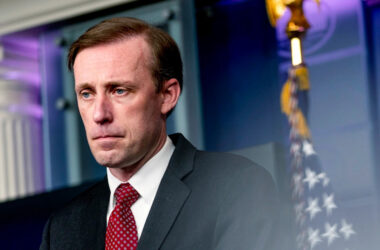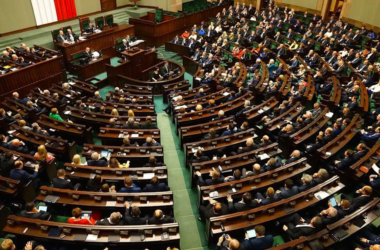Chancellor Olaf Scholz’s visit to Poland for the German-Polish government consultations marks a significant diplomatic endeavor, underscoring renewed ties between the two nations amidst shifting political landscapes across Europe.
The consultations, the first since 2018, symbolize a thaw in relations that had previously been strained under Poland’s nationalist-leaning government. With Poland now under a liberal-conservative coalition, the atmosphere has shifted, transforming what were once challenging neighbors into steadfast allies once again. Scholz, alongside Polish Prime Minister Donald Tusk, emphasized the importance of this renewed friendship during their joint press conference.
“In these times, I am very pleased to be here in Warsaw,” stated Chancellor Scholz, highlighting the significance of the moment amid uncertainties in global politics.
The visit comes at a critical juncture as Germany navigates potential political shifts within its neighboring countries. In the United States, concerns loom over the potential return of former President Donald Trump, while recent parliamentary elections in France saw gains for the far-right. These developments have heightened the importance of bolstering alliances within the European Union.
The discussions in Warsaw resulted in a comprehensive 40-page action plan, encompassing various aspects of bilateral cooperation from inland shipping to defense collaborations. Notably, discussions also broached sensitive topics such as reparations, a longstanding issue between Germany and Poland stemming from World War II atrocities.
Both leaders acknowledged the complexity of addressing historical grievances while affirming commitments to ongoing dialogues and memorial efforts for victims. Chancellor Scholz expressed Germany’s recognition of its responsibilities and pledged continued efforts to support surviving victims of German occupation during the war.
However, specific resolutions on reparations were not detailed in the action plan, reflecting the intricacies and sensitivities surrounding the issue. Chancellor Scholz reiterated Germany’s stance on reparations, emphasizing ongoing efforts to propose and advance initiatives in collaboration with Poland.
Prime Minister Tusk echoed these sentiments, noting that while monetary compensation cannot fully redress the wartime suffering, progress in memorialization efforts and ongoing dialogues are steps in the right direction.
The visit underscored the importance of German-Polish cooperation in stabilizing Europe amidst evolving geopolitical challenges. Both leaders expressed optimism about the future of their bilateral relations, emphasizing the resilience and depth of their partnership despite occasional complexities.
As Europe navigates uncertain political waters, Germany’s engagement with Poland serves as a beacon of stable diplomacy and cooperation, contributing to the broader European integration and security agenda.








